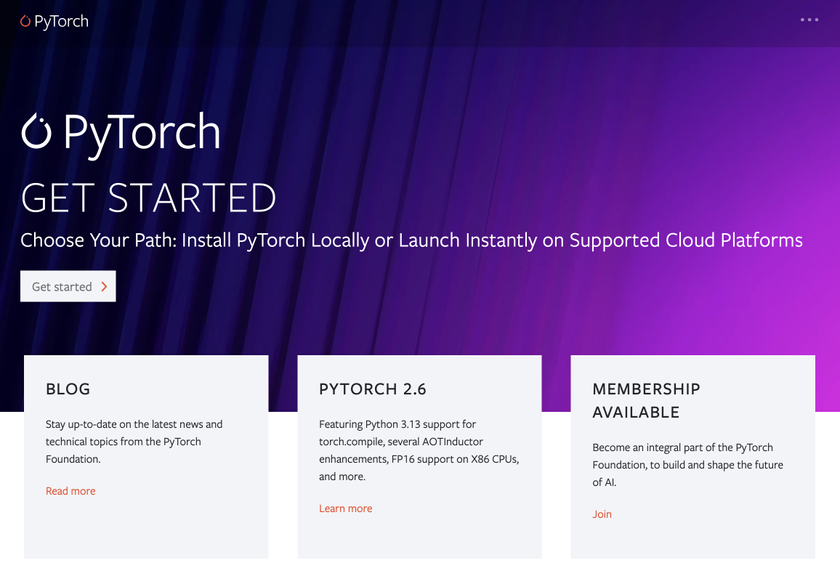
There are 276 million domain names already registered, which makes securing an original one a tricky task. For those who have attempted to buy a domain ending in '.com'or 'co.uk' recently, you may well have found that your first choice domain name was unavailable. Demand for new domains isn't slowing down – in the first quarter of last year, an additional five million domain names were added to the internet.
The increasing need for new domain names, along with a shift in internet browsing styles, has spurred some significant changes in the domain name world. At the close of 2013, the Internet Corporation for Assigned Names and Numbers (ICANN) approved 617 new generic Top Level Domains (gTLDs) for the internet to go live through to the end of 2015, and it will continue to introduce hundreds more.
A gTLD is simply the suffix on a domain address, with traditional ones including '.com' or '.co.uk'. With the introduction of new gTLDs, we are already seeing far more diverse website addresses, including those ending in '.ink', '.photography', '.wiki' and '.club' .
Greater scope
For fledgling businesses looking to create and establish a presence online, the introduction of new gTLDs has proved excellent news. Companies have been keen to capitalise on the greater breadth of domain names, and have been able to take a more creative approach in securing an original and relevant domain name.
Unless you are in a possession of a trademark on a particular term, domain name registrations generally work on a first-come-first-served basis, so it's easy to see why the choice domain names were snapped up by early online adopters. Newer market entrants have had to adapt depending on what's available, which has sometimes meant settling for a domain name which perhaps isn't as good a fit as possible.
Of course, the demand for certain domain names has given them an inherent value as a marketing and branding tool. To take a recent example, the Holiday.com domain reportedly went for around £5 million late last year. Holiday.com is a simple and powerful domain name, not least because of the number of times the word 'holiday' is used by people researching trips. Surprisingly, the domain name (which is owned by an American company) has been lying dormant for the past 16 years!
For businesses looking to create their own simple and memorable domain name, the new range of gTLDs offer an attractive opportunity. A printer ink company for instance can't stake claim to the www.printerink.com domain, as it's taken. Using the available .ink suffix, however, a business could instead register www.printer.ink, which is more likely to be available, and is an even more captivating name.
Are you a pro? Subscribe to our newsletter
Sign up to the TechRadar Pro newsletter to get all the top news, opinion, features and guidance your business needs to succeed!
Customers react well to branding that is personalised and specific, and the slew of new domain names on the market is great news for businesses wanting to capitalise. During the application window (which closed in 2012), many larger corporations successfully applied for a gTLD which included their brand name – something that is likely to result in a further wave of new sites using these suffixes.
BMW for example, having secured the '.bmw' suffix, could set up the web pages www.wheels.bmw, or www.excursions.bmw. The brand could use each page to target a specific audience, or offer insight on a particular product. Adopting a specialised gTLD allows the company to enjoy a broader online reach, whilst engaging with customers in a more specific way.
Personalisation
At a smaller business level, the new gTLDs also allow for a more personalised approach. A local printer business could register their website as www.PrintCentral.ink, for example, leaving prospective customers in no doubt about the types of products they could get from that site.
The introduction of the new domain names is a great step towards opening up levels of competition within the online branding space, and provides food for thought for those businesses wanting to engage in a more personalised way with their customers. The landscape of the internet is changing, and businesses can ensure they are helping to sculpt that change in a way which suits them.
- Ray King is founder of domain registry Top Level Design
Most Popular









